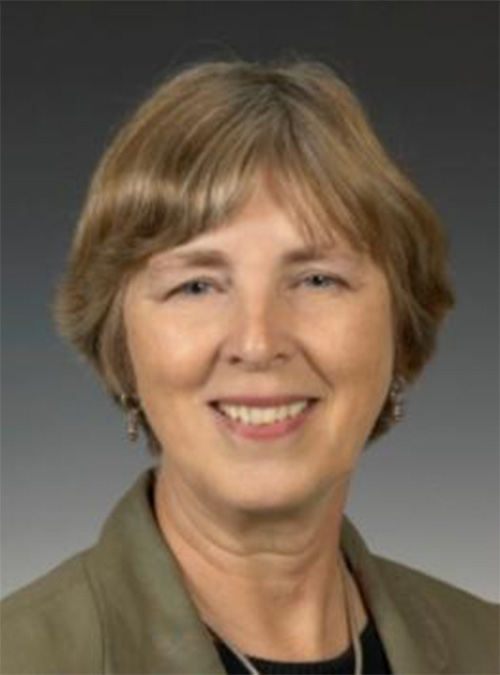
Phyllis Best
Executive MBA – Strategic Leadership Class of 1994
Chief Financial Officer, American Chemet Corporation (Retired)
In 1961, when Phyllis Best took her first high school business class, she knew she’d found her career path.
“I chose accounting when I was in high school, and I give all the credit to my high school business teacher,” Best said. “I took every class she offered, and she encouraged me to build that interest.”
As high school continued, Best realized that while her parents wanted her to pursue her goals, they wouldn’t be able to afford to send her to college. She began to build a plan that would enable her to pursue secondary education, reaching out to an Air Force recruiter that visited her high school. She enlisted in the Air Force on the day she turned 18.
“During Vietnam, I worked on the flight line, handling paperwork for cargo planes that came in with people and merchandise,” said Best.
Soaring to New Heights
While in the Air Force, Best met her husband, and the pair married and had a son. In 1975, Best fulfilled her years-long goal of enrolling at the University of Tennessee, Knoxville, as an accounting student in the College of Business.
“There was never a question that it was going to be accounting,” Best said. “I’ve had that interest practically my whole life, and it was a natural fit.”
After graduation, Best accepted a role at a Morristown subsidiary of Phillips Consumer Electronics, where she worked as a controller. In 1993, the company was purchased by a group of New York investors, who saw Best’s potential to continue in leadership.
They offered her the opportunity to return to school for her MBA in 1994, and she enrolled in UT’s inaugural Executive MBA class, which later became known as the Executive MBA – Strategic Leadership.
“I totally enjoyed it,” Best said. “I enjoyed the faculty and getting to know the students. We had a lot of work experience that we could share – and did. That year was just phenomenal.”
Making A Global Impact
For Best, another impactful element of the program was its international trip. As an EMBA student, she spent a month in Europe learning about international business best practices.
During the trip, Best built skills she would continue to use throughout her career, leading companies in acquiring international assets. The EMBA experience helped her feel more comfortable traveling and doing business in various countries.
“Having the experience through UT helped me have the confidence to step out and do it on my own,” she said.
Best’s experience learning alongside other accomplished executives offered her leadership tools that she continued to leverage throughout her career.
“I had a really good career,” Best said. “And a great amount of it was thanks to the EMBA, because that was the foundation.”
The week after graduating with her EMBA, Best was promoted from controller to VP of finance within her company.
Leading Local: Investing in the Community
In 2003, Best accepted a CFO opportunity and moved to Key Technology in Walla Walla, Washington. The experience of moving away from her home state of Tennessee empowered her to stretch her wings and explore leadership in a new way.
At a mentor’s suggestion, she joined the Rotary Club, where she quickly learned about and became invested in her new community.
“That was a huge way for me to learn about the community, and I’m still a Rotarian,” Best said. “Everywhere I’ve gone since then, I’ve joined the Rotary Club. That was a seed that grew and produced fruit over the years, and those are some mentoring roots that I’ll never forget.”
EMBA Words of Wisdom
Best has long encouraged her own mentees to find a way to connect with their communities, whether through a regional group or additional leadership training. An advocate of lifelong learning, she expressed her enthusiasm for ongoing personal and professional growth.
“As long as you’re interested in investing the effort, and you have a good foundation and an opportunity, it’s never too late to go for it,” Best said.